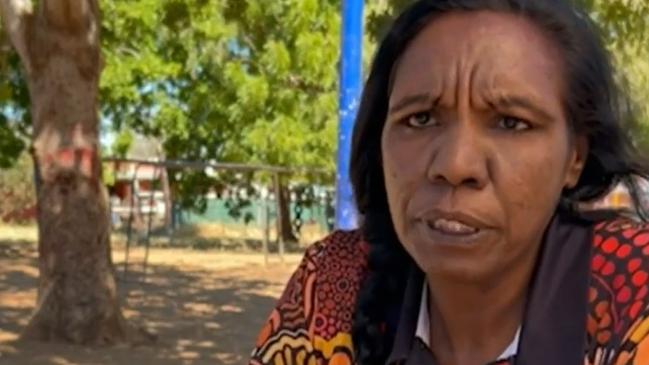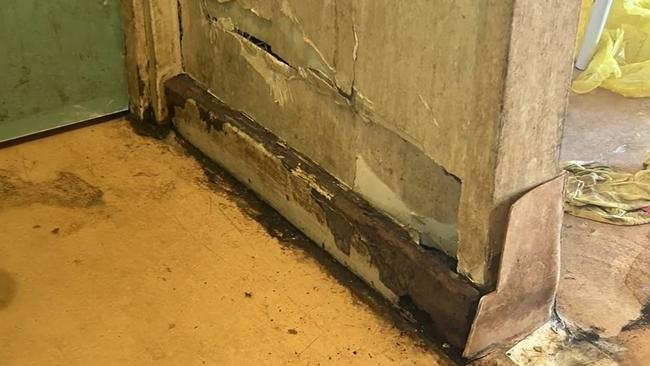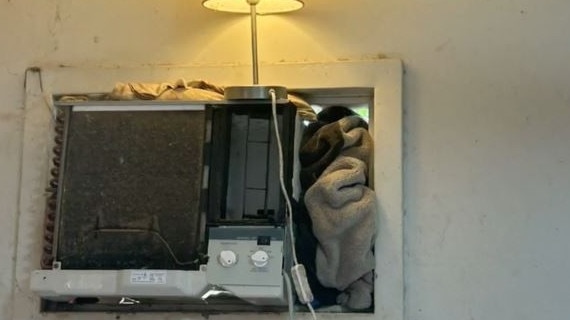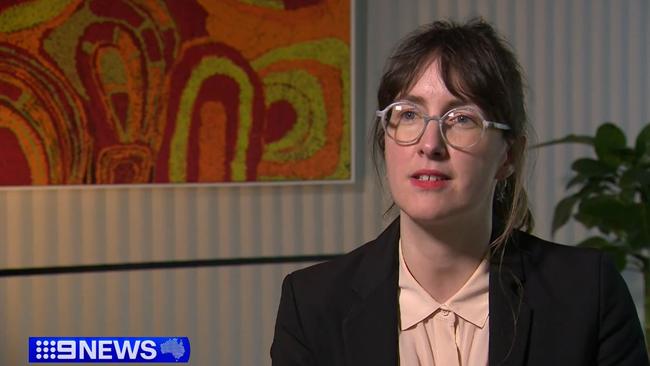Slater and Gordon launch class action lawsuit against WA over housing conditions
Indigenous tenants living in remote Australia have launched legal action against a state government, as shocking photos reveal appalling public housing conditions.
Indigenous Australians living in remote Western Australia have launched a massive new class action lawsuit against the WA state government, alleging they have been subjected to substandard housing conditions.
Shocking photos attached to the lawsuit show rundown houses with mould and cracks on the walls.
Law firm Slater and Gordon, representing thousands of Indigenous tenants living in public housing across remote WA, has filed the action in the Federal Court, accusing the Housing Authority and the state, as lessors of public housing in remote Aboriginal communities, of breaching multiple residential tenancy, contract and consumer protection laws.
“Every person, regardless of where they live, deserves safe and reasonable housing,” Slater and Gordon class actions principal lawyer Gemma Leigh-Dodds said.
“For too long Aboriginal people living in remote communities have been expected to ‘put up and shut up’ in relation to their housing rights.

“By filing this class action on their behalf, we are demanding better housing justice for Aboriginal Western Australians.”
The suit alleged the WA authorities failed to adequately maintain, repair and carry out structural and other improvements to public housing rental properties and to do so within a reasonable time, provide public housing that was reasonably secure, provide public housing that was reasonably comfortable and to ensure that public housing rental properties complied with basic health and safety laws.
The firm’s statement of claim suggests there are thousands of public housing premises leased by Aboriginal tenants across remote communities in the East Kimberley, West Kimberley, Pilbara, Wheatbelt, Mid West, Gascoyne and Goldfields-Esperance regions of WA.
The alleged failures occurred between July 1, 2010 and August 19, 2024.


“Those who leased the properties between the relevant 14-year time frame are automatically included in the class,” the firm states.
The lead applicant and group members are seeking financial compensation for the losses and damages they have suffered and repayment of expenses they have incurred to rectify housing defects and issues, such as buying and installing air conditioners and door locks.
Ms Leigh-Dodds said almost 200 public housing properties in several remote communities were surveyed earlier this year as part of the firm’s investigation into the case.
The firm says many houses had been without working toilets, showers, cooking facilities, lights, safe drinking water, doors, functioning locks and reliable electricity.

“Aboriginal Australians are paying hundreds of dollars a fortnight to live in houses that don’t provide even the most basic needs,” she said.
“There are some communities where the water from the tap is not safe to drink due to high levels of nasty contaminates like nitrates and uranium. As a result, some community members are forced – and have been for years – to rely on bottled water for drinking and cooking.
“It’s as if the state has decided, ‘that’ll do’ when it comes to Aboriginal Australians.
“This class action will establish, among many other things, that the supply of safe drinking water is a basic legal entitlement that every tenant should have access to in Australia in 2024.”



